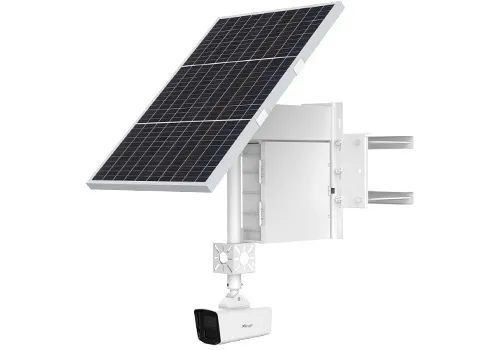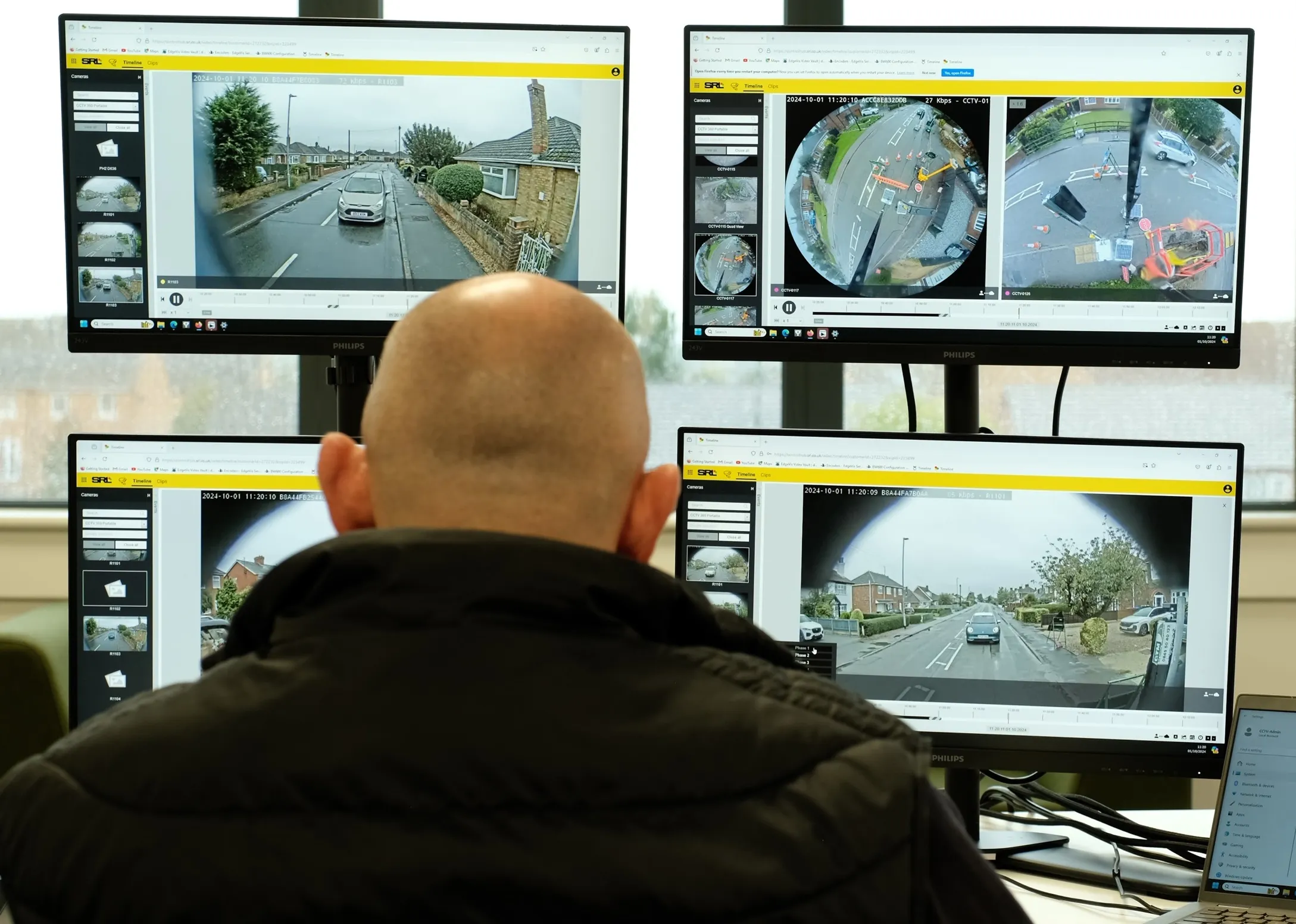Advanced Micro Peripherals has introduced a modular IP streamer/server for remote video monitoring applications in defence and critical infrastructures. The Hydra system supports up to nine channels of video streaming along with a single audio input channel. The system has been designed and tested for both fixed and mobile applications in the toughest conditions, making use of military-grade (MIL-DTL-38999) connectors (with dust covers), input power protection for compatibility with vehicle power systems an
February 3, 2012
Read time: 2 mins
The standard IP streamer/server system can be quickly configured over a LAN connection using a regular browser, with the operating parameters for each video channel being set individually or as a group. Furthermore, the image quality and bit rate can be optimised to suite the available network bandwidth.










